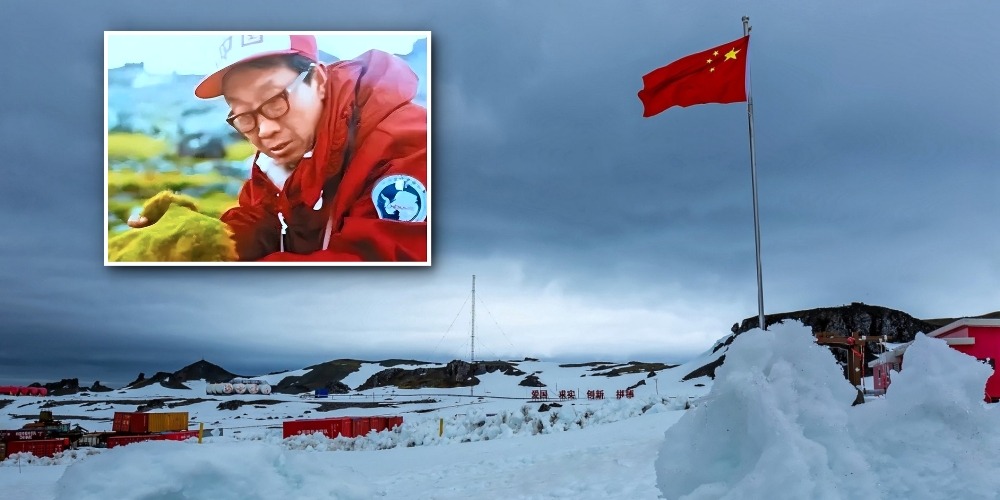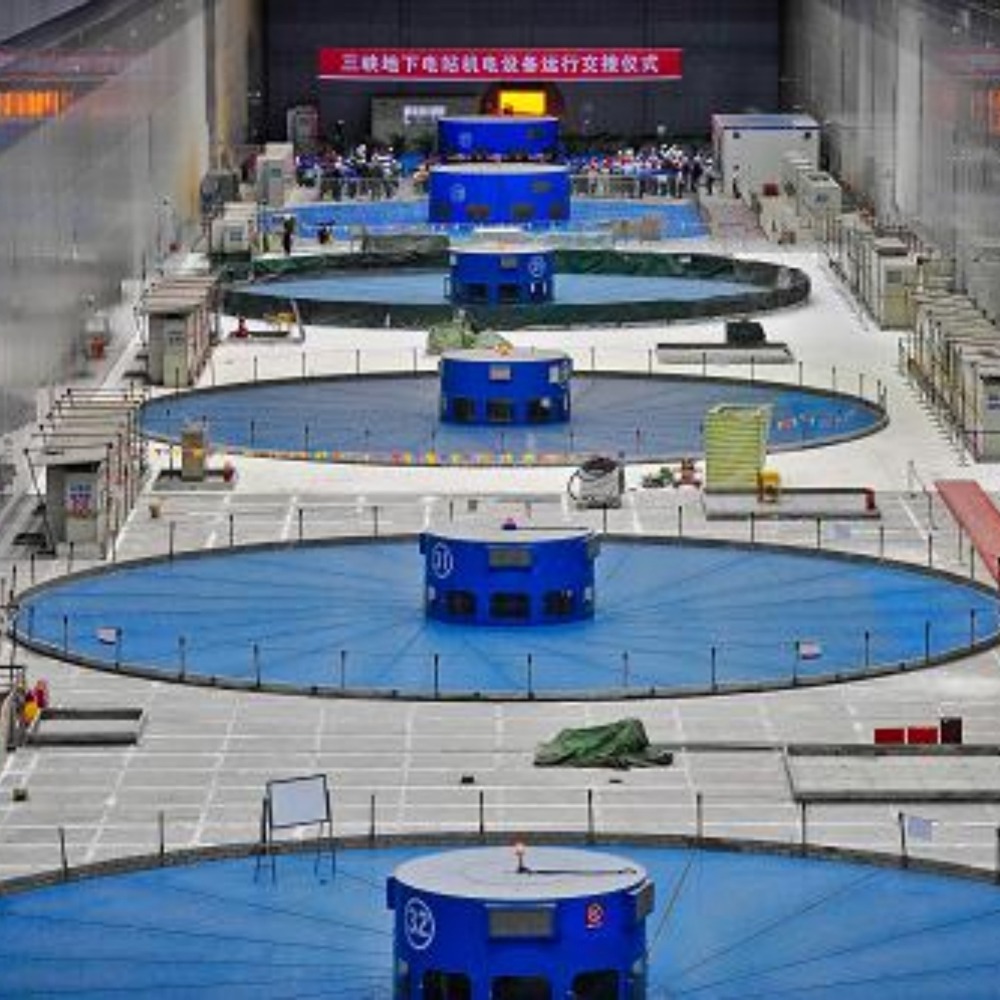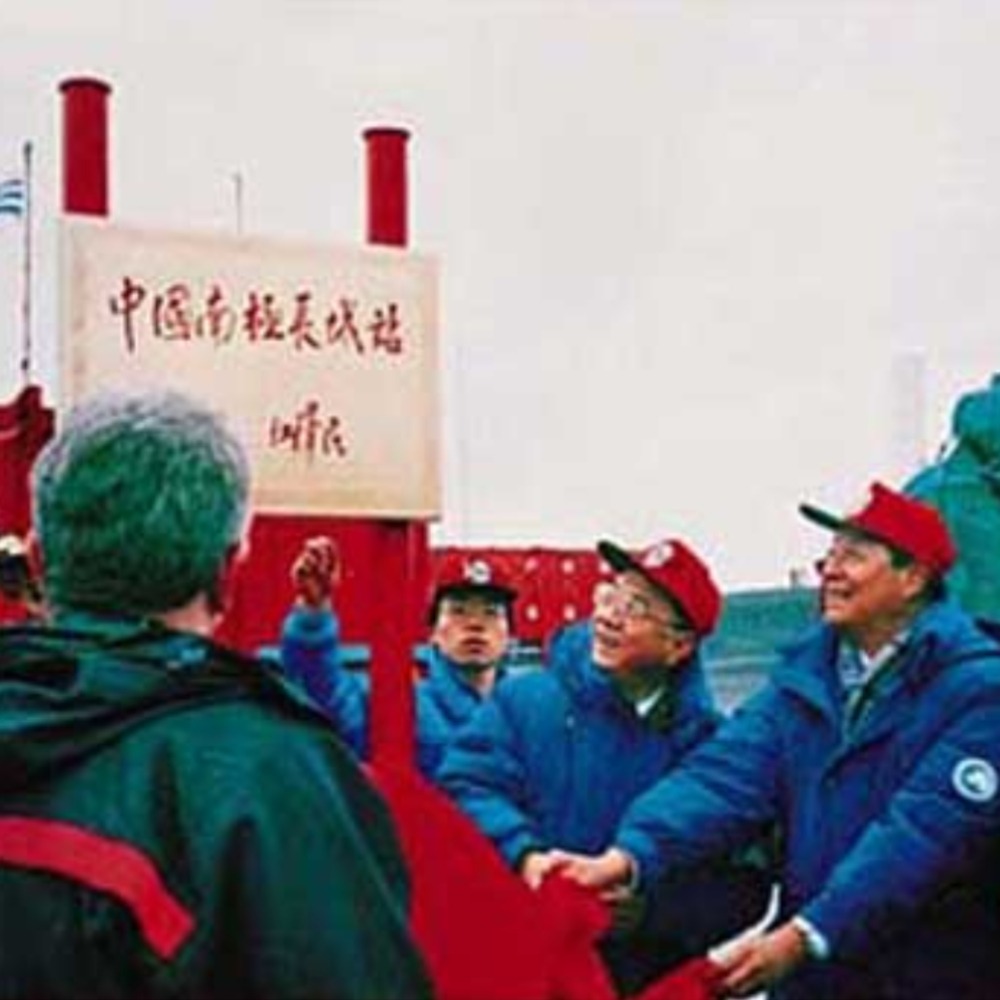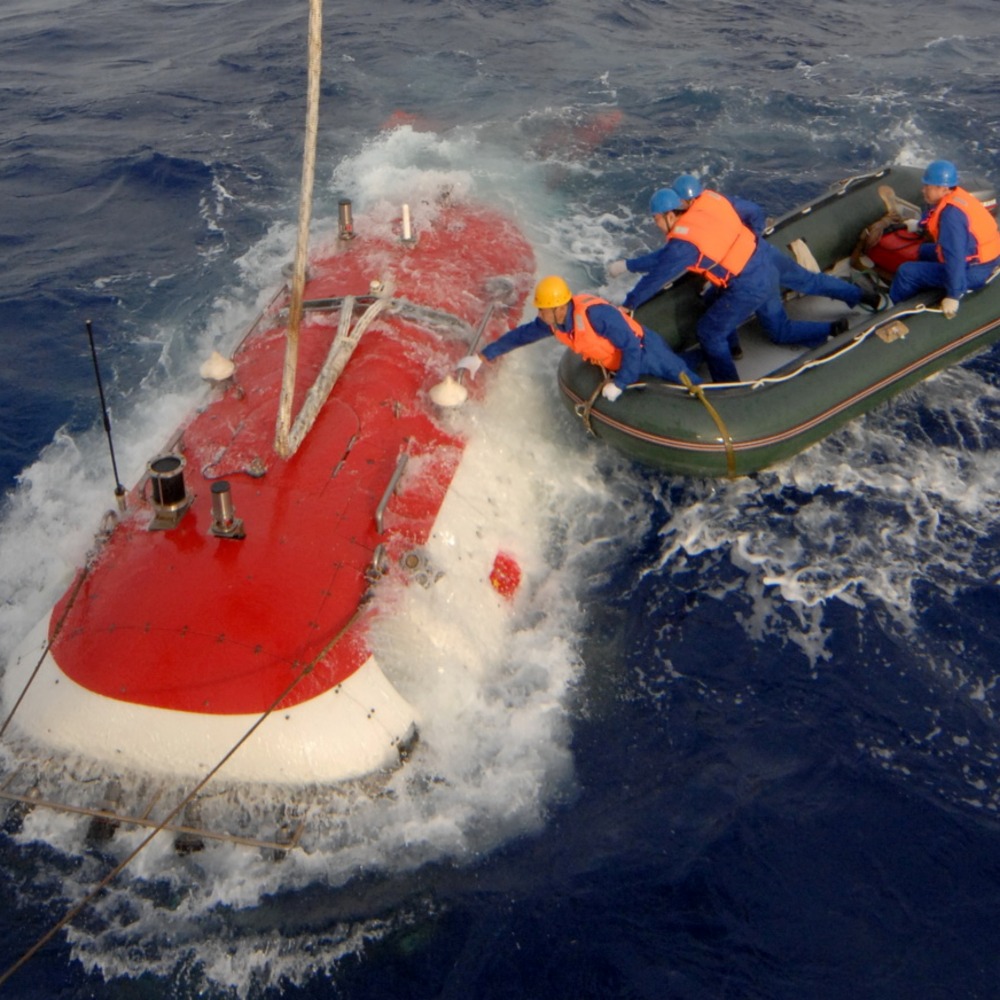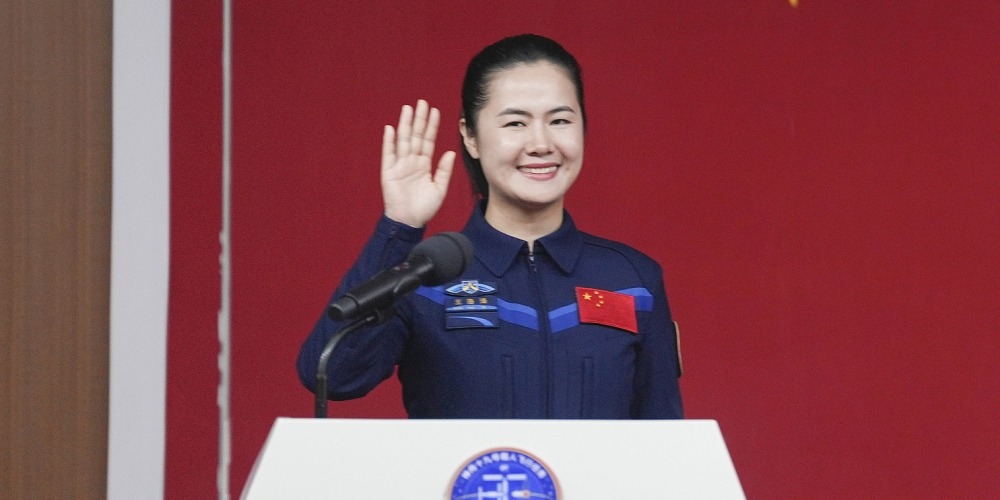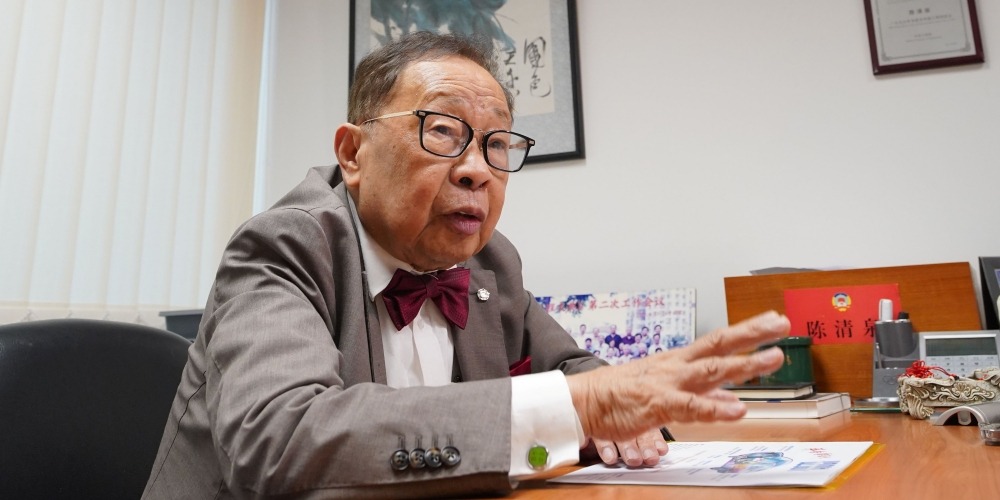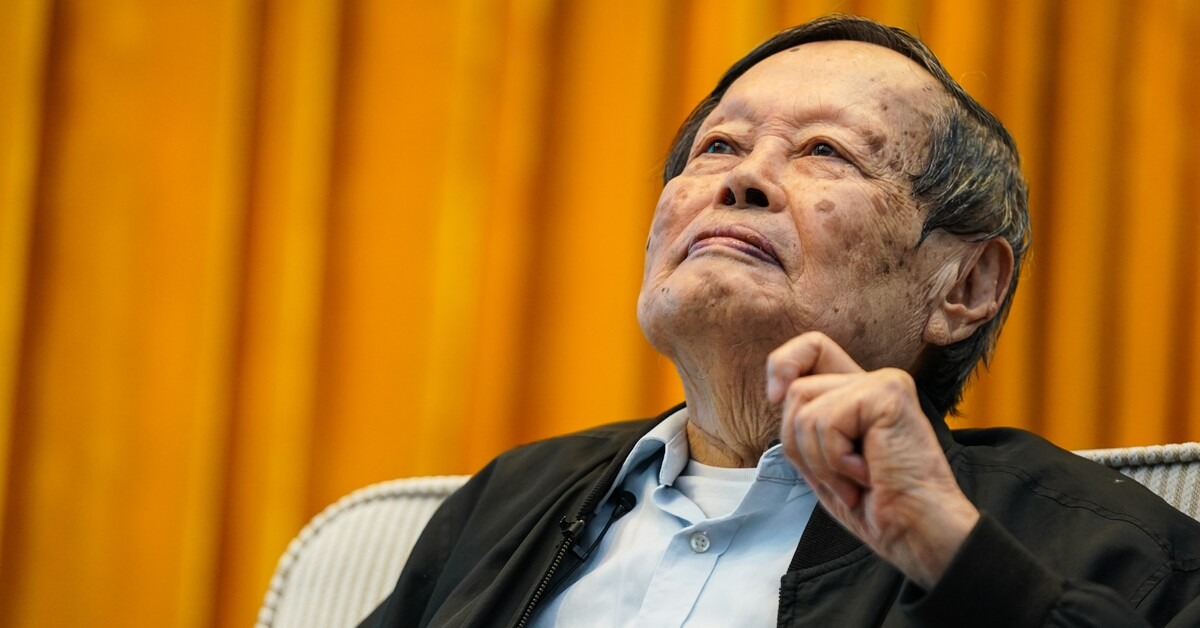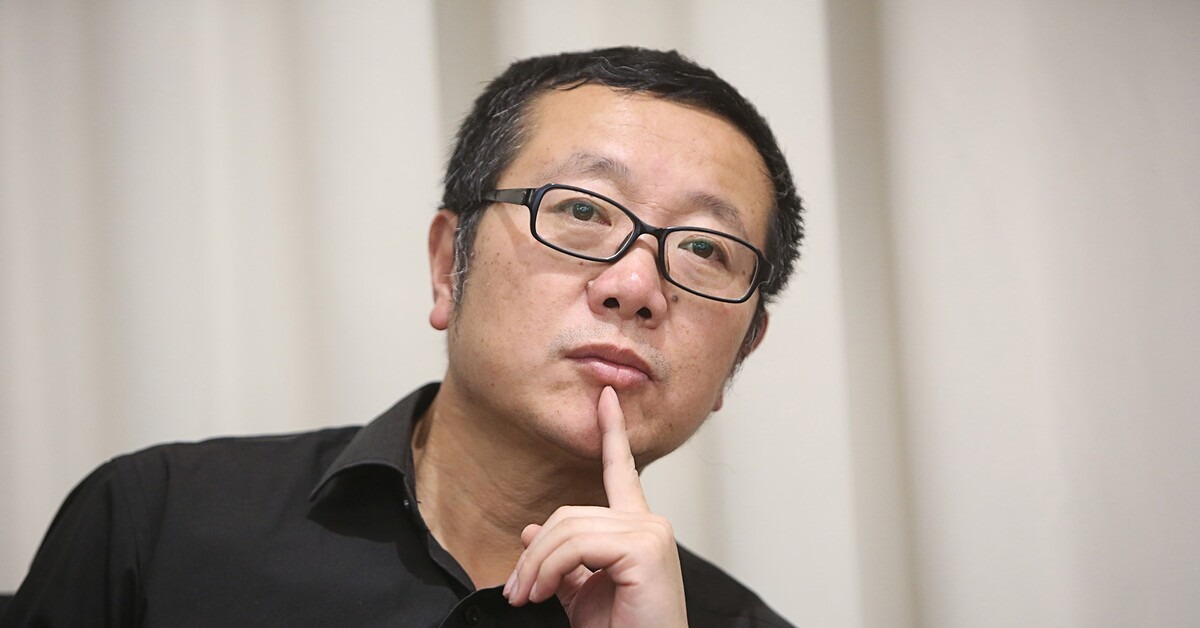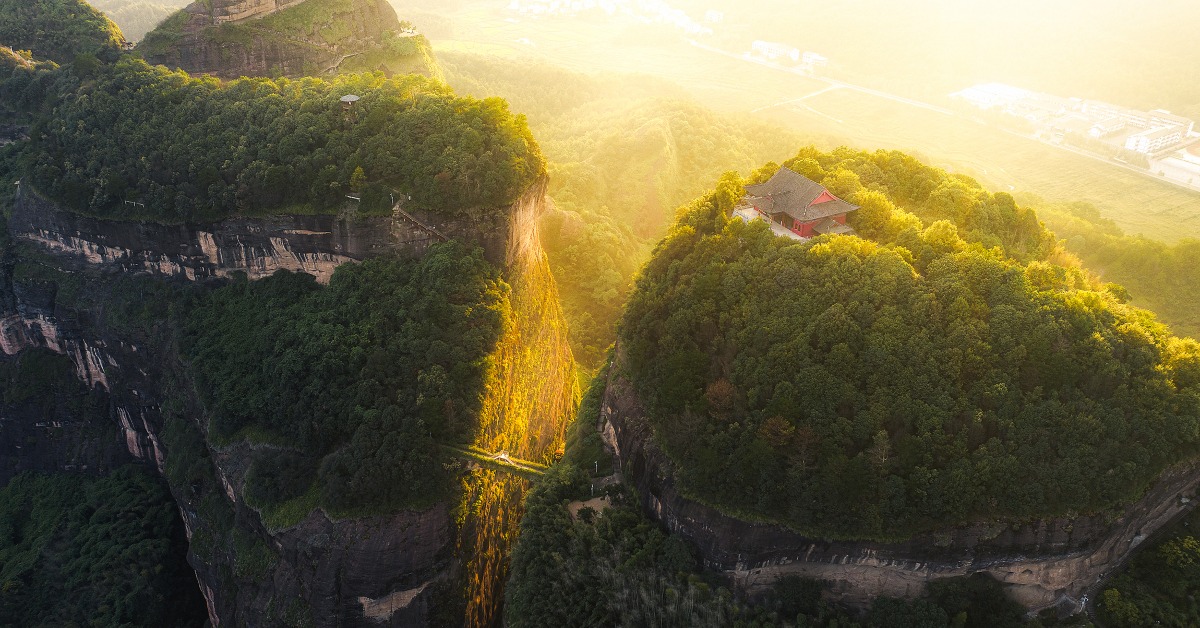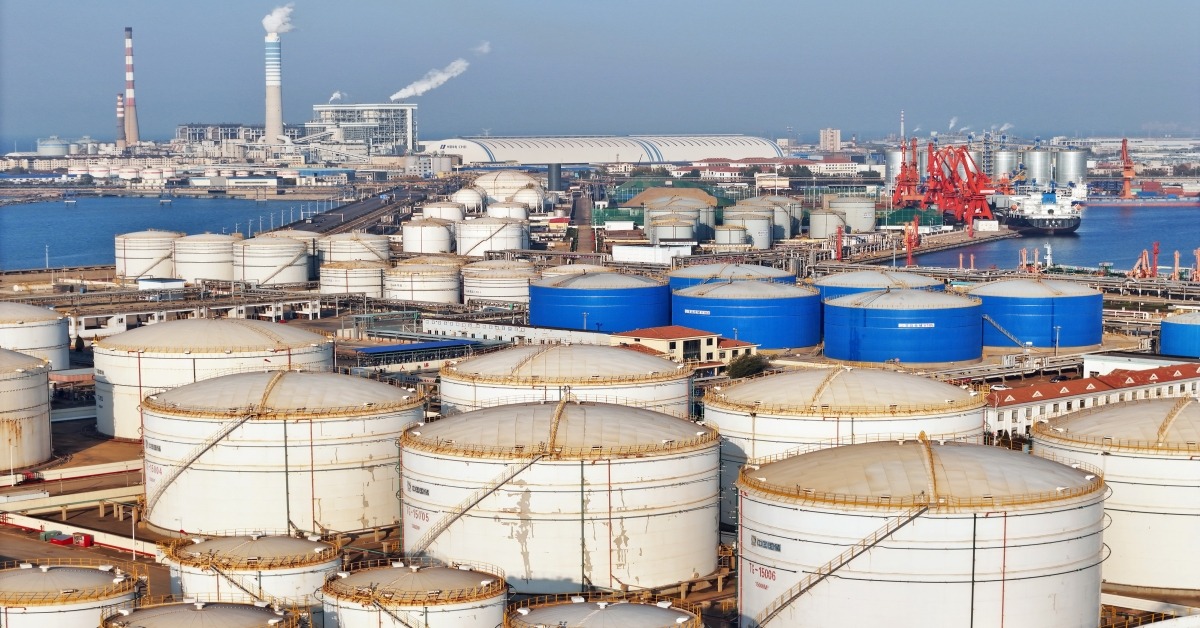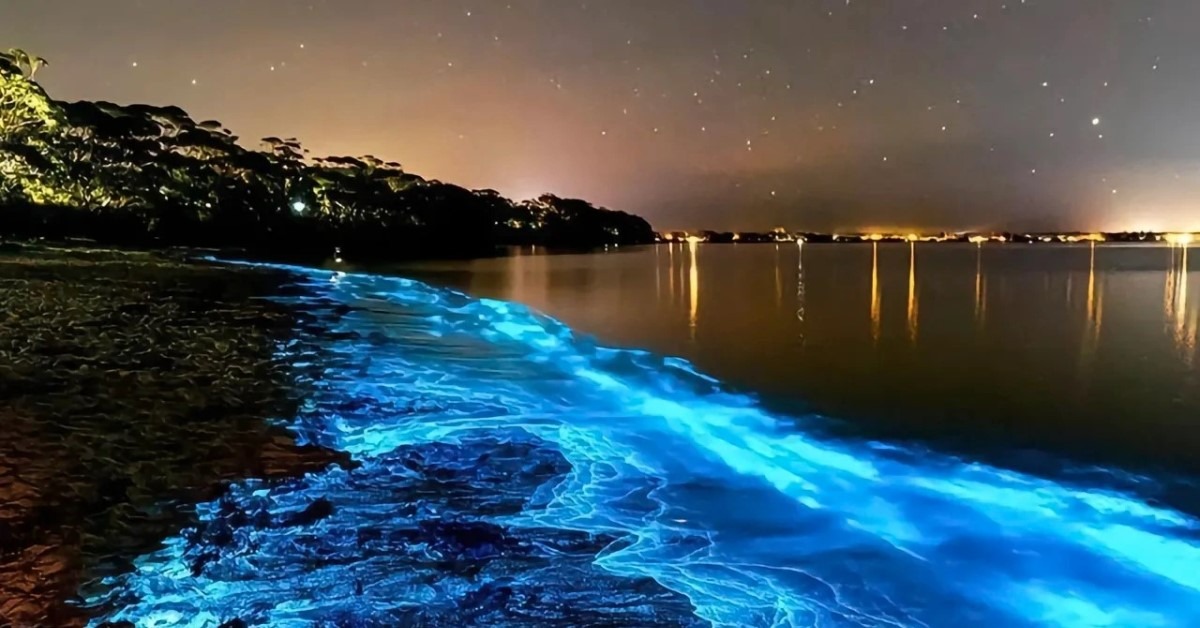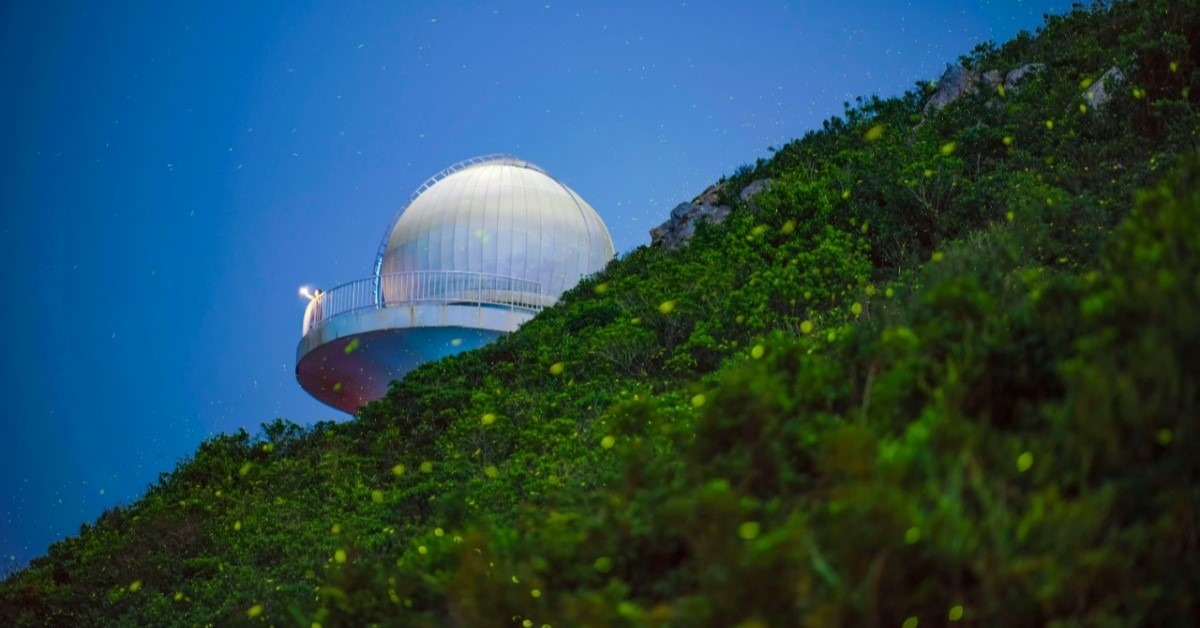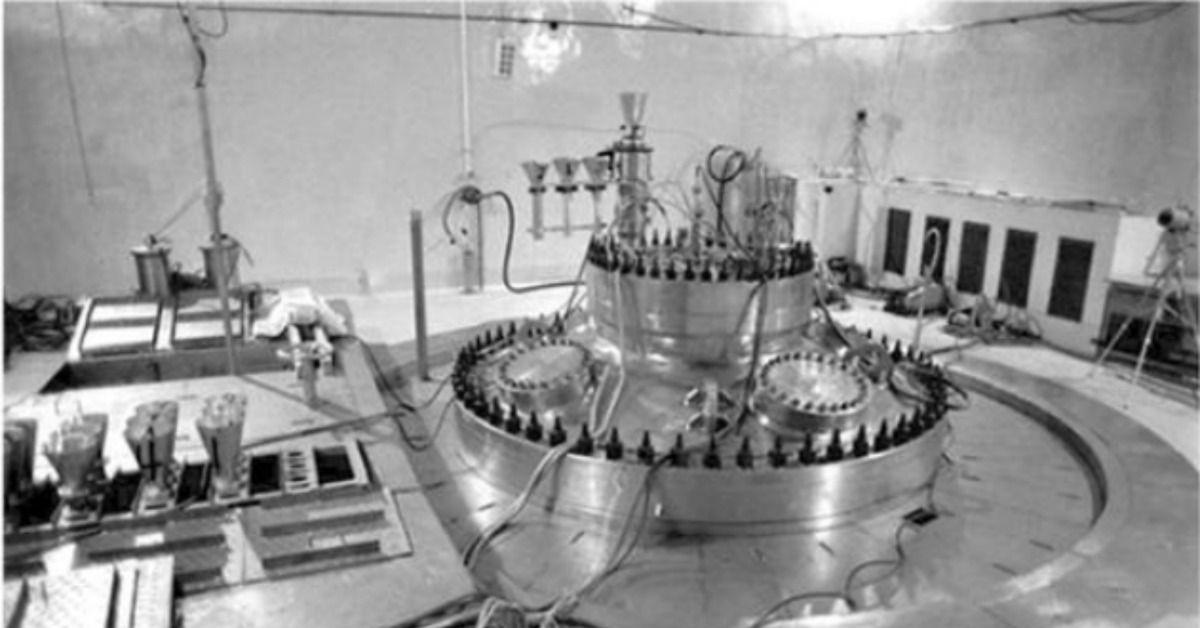Published : 2024-02-21
2024 will be the 40th year of China's Antarctic expedition.
By this time, China has already built 5 research stations on the "white continent", and its influence and scientific research authority in Antarctic affairs have been continuously increasing.
All of this began with Guo Kun, a pioneer of the Antarctic who established the Great Wall Station in just 26 days after seven voyages across the Southern Ocean.
The challenge Guo Kun faced
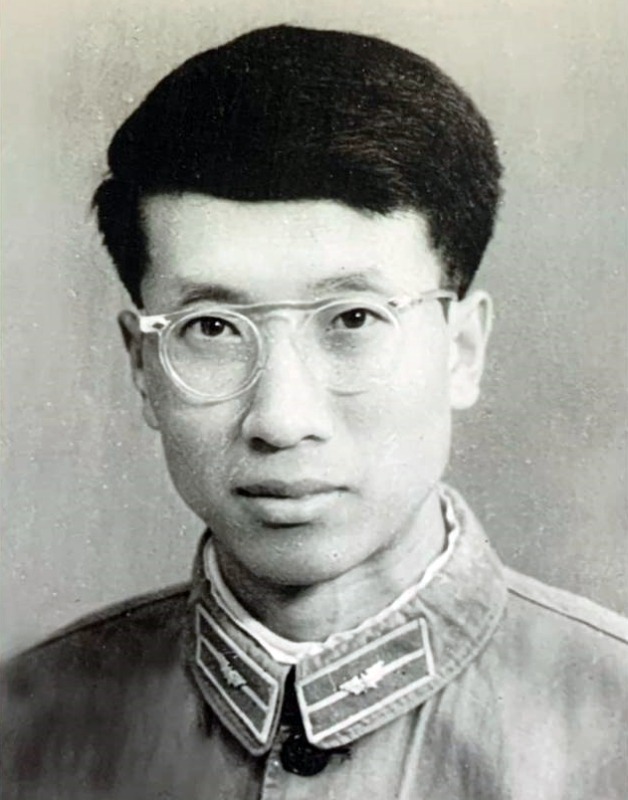
In 1935, Guo Kun was born in Laishui County of Hebei Province. He graduated from the People's Liberation Army (PLA) Military Institute of Engineering in Harbin.
In the early 1980s, Guo Kun, who was working at the State Oceanic Administration, was transferred to the newly established National Antarctic Investigation Committee as director, where his first task was to understand what Antarctica was like, what the research of Antarctic was for and how he was going to work on it.
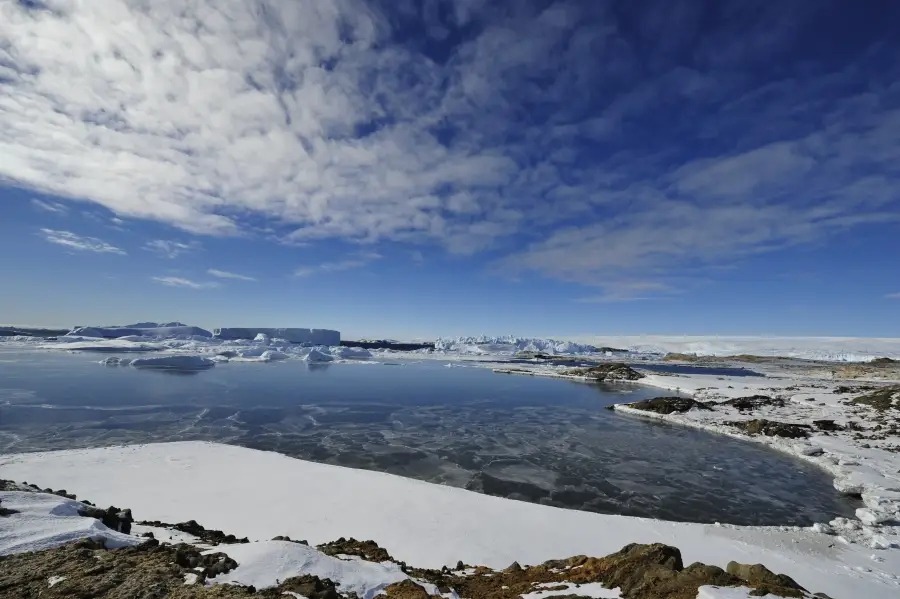
In 1959, twelve countries including the United States, the United Kingdom, the Soviet Union, and Japan that had research stations in the Antarctic signed the Antarctic Treaty, with more joining later on.
However, until the early 1980s, as a permanent member of the UN Security Council, China had always been a "bystander" in the Antarctic.
For scientific research and strategic considerations, China could be absent no longer in Antarctic affairs.
But Guo Kun, like all Chinese at the time, was not familiar with Antarctica.
He could only go to the library to find limited information and refer to other countries' practices... China's Antarctic exploration thus started under great difficulties.
Ousted from the conference, Guo: A huge humiliation
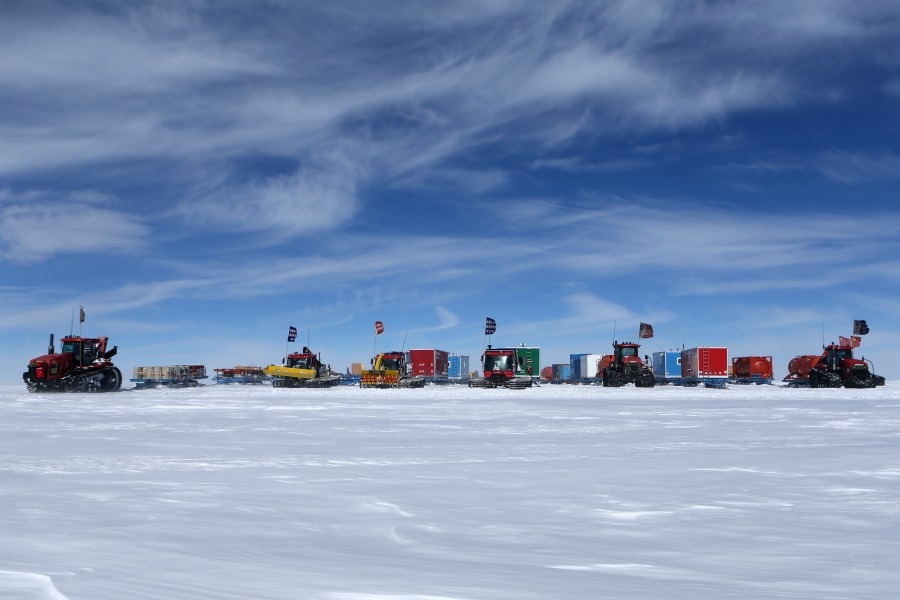
In 1983, China finally became a party to the Antarctic Treaty. In September of that year, Guo Kun and two other individuals represented China at the international conference on the Antarctic Treaty for the first time, but he did not expect the humiliation he was to experience during the trip.
Members of the Antarctic Treaty are divided into contracting countries and consultative countries. Only consultative countries that have research stations in Antarctica can participate in substantive discussions and voting.
When it came to the substantive discussion stage, China, even though it was a contracting country and had not yet sent an investigation team to Antarctica, was asked to leave the venue - to "go outside for coffee".
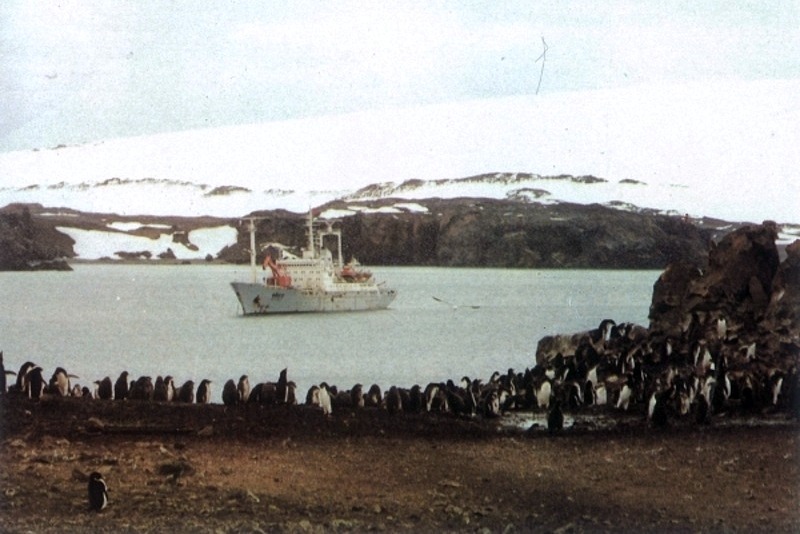
Guo said he left the venue "almost with tears in his eyes".
"At that time, I was thinking that a country with a billion people had no right to speak or to vote, and was even expelled from the venue. This was a great humiliation."
He swore on the spot, "I will never participate in such a conference again if we don't set up our research station in Antarctica!"
Guo raised the five-star flag and stepped on Antarctica
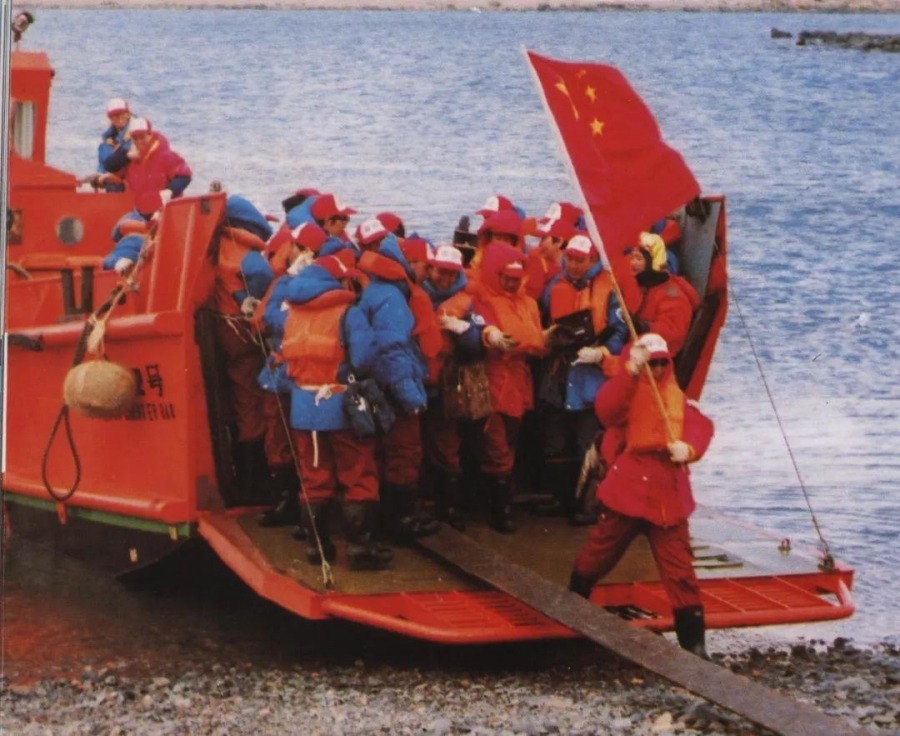
The following year, the Chinese government decided to send a team to explore Antarctica and establish the first research station, the Great Wall Station, with Guo Kun appointed as the leader of the expedition.
Due to limited capabilities, the goal was to establish a foothold in Antarctica with less cost.
Antarctica is a world of ice and snow, and China didn't even have a professional ship capable of ice-breaking or resisting ice at the time.
It could only use the simple equipment-loaded research vessel "Xiang Yang Hong 10" as a substitute, and a naval salvage lifeboat "J121" also set off with it.
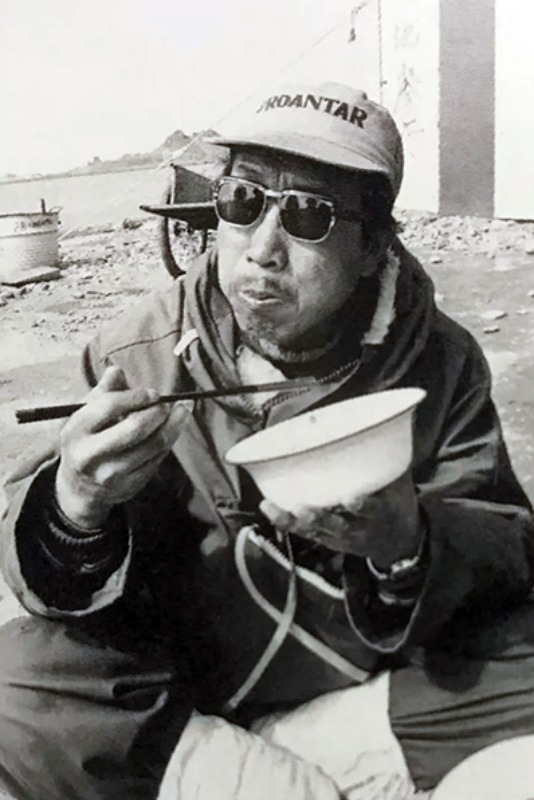
A team of nearly 600 members, composed of scientists, soldiers, construction workers, and journalists, set sail from Shanghai on November 20, 1984.
According to Guo Kun's recollection, they encountered a great storm not long after sailing out and members had to tie themselves to their beds at night to prevent being thrown off by the waves.
The huge waves pushed up the ship, and most of the crew who hadn't been on a ship before could not handle it. Some vomited 13 times and ended up having cramps in their limbs...
On December 30 of that year, after numerous difficulties, the investigation team arrived at the Maxwell Bay of King George Island, Antarctica.
Guo Kun, holding the five-star red flag high, led the team to set foot on the "white continent".
The site being occupied made Guo under great pressure
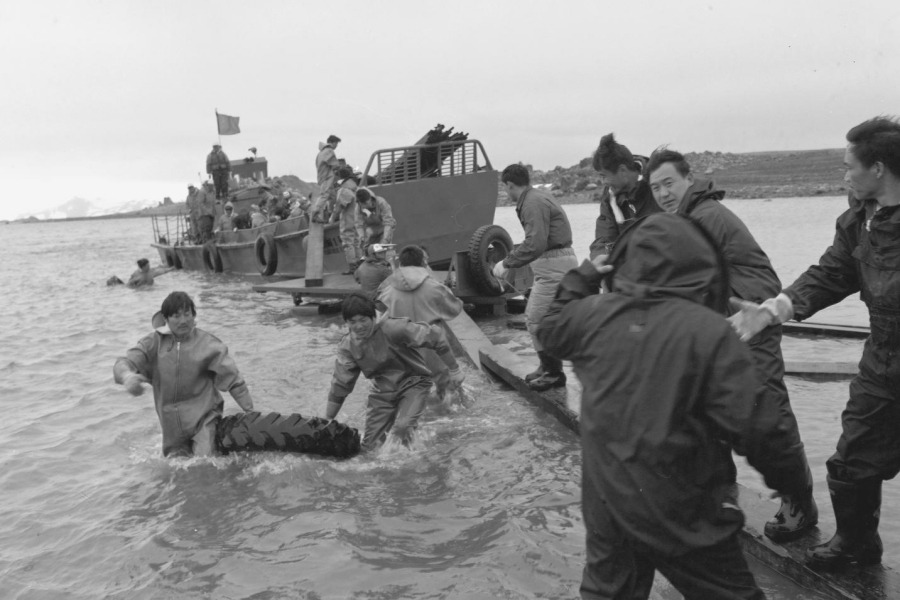
Due to the limitations of "Xiang Yang Hong 10" in resisting and breaking ice, the team had to withdraw before the end of the Antarctic's short summer, leaving them very limited time.
However, to everyone's shock at this time, the site they had originally planned for building the station had been occupied by the tent of another country's investigation team. They had just arrived more than ten days earlier.
What to do? The pressure fell on team leader Guo Kun, who was resolute in his decision.
"The Great Wall Station must be completed, because if this step is not taken, none of the other plans could be implemented."
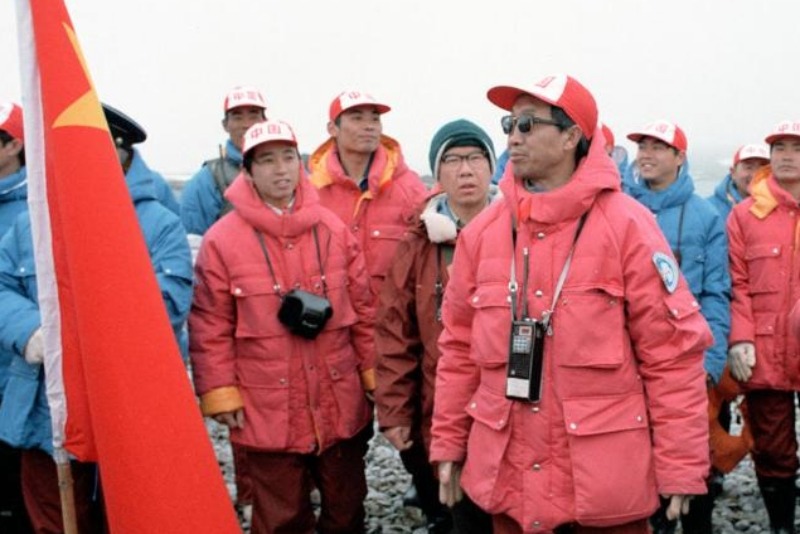
Guo Kun requested a new site selection. All expedition members were deployed onshore to split into two groups in search of a solid foundation with a water source.
A week later, the expedition team targeted the new site for the Great Wall Station on the east coast of Field Peninsula.
Next, in the icy sea water, 20 "assault team members" worked non-stop in shifts with a break every 10 minutes, and a dock able to take cargo was built within 3 days.
Afterwards, they spent another 120 hours moving more than 500 tons of materials ashore to the construction site.
Guo led the construction working 18 hours a day
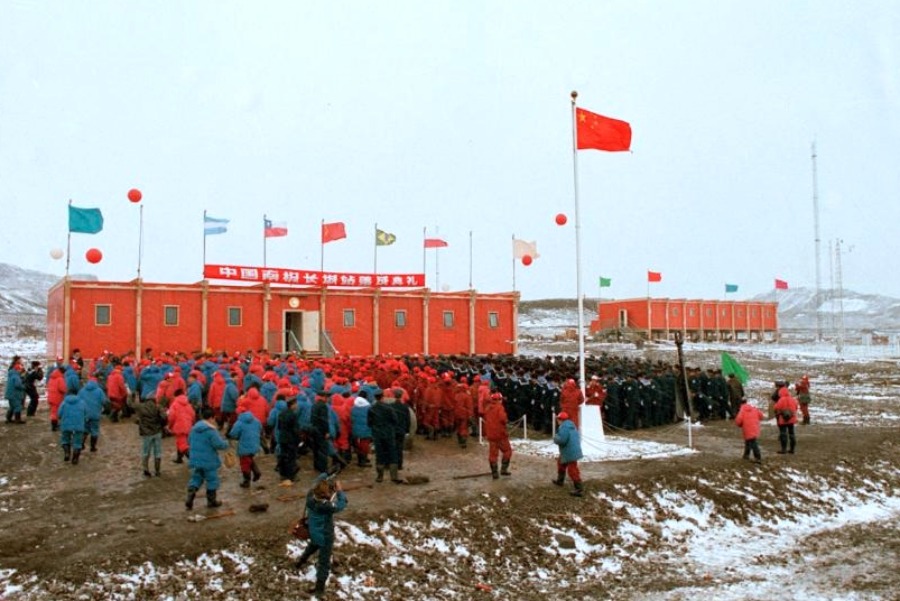
The construction work officially began, and all members, scientists, and logistical support personnel all became "construction workers".
Everyone worked 17 to 18 hours a day in harsh conditions, digging and laying foundations, and building houses with components brought from China . "Cold, hungry, extremely exhausted" are the most common memories of the builders.
On February 16, 1985, the Great Wall Station was completed and the Chinese had a foothold in Antarctica just over 40 days after landing. Excluding site selection and material delivery, the actual time spent on construction was only 26 days.
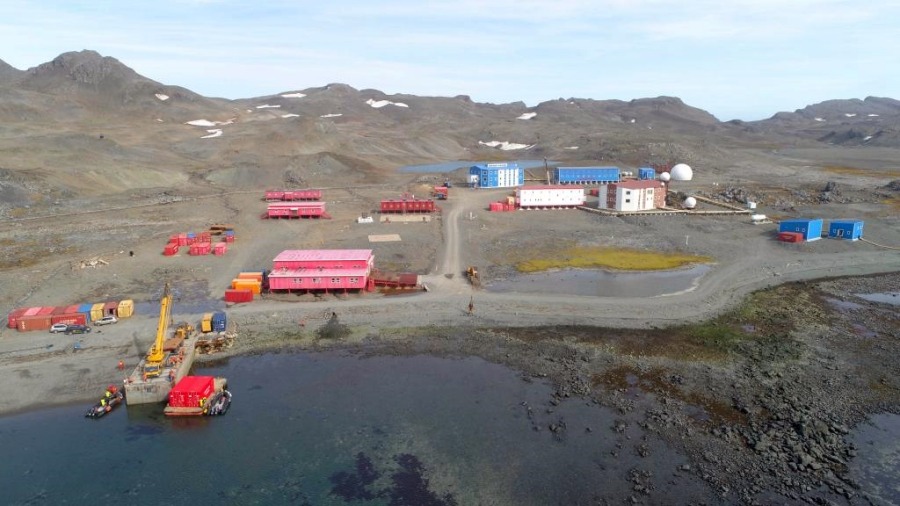
At the completion ceremony of the Great Wall Station, the five-star red flag was flying high. On that day, the news of joy from the Antarctic spread across the country.
Another good news was that after the initial construction of the Great Wall Station, scheduled for functioning only during the summer season, a thorough analysis of its operation and storage conditions by the investigation team confirmed that it had become ready for winter, and thus 8 members stayed at the station for the first overwinter scientific investigation - the Great Wall Station was upgraded to an all-year-round station.
It is unprecedented in the history of Antarctic exploration to establish a year-round station in such a short time.
Guo: Must do it right even it's life-risking

Eight months after the completion of the Great Wall Station, Guo Kun attended the 13th Antarctic Treaty meeting, where every voting country unanimously agreed to China's accession as a consultative nation. From then on, China had a say in Antarctic affairs.
Guo Kun said in an interview that the Great Wall Station has "paved the way, took strides, won rights, laid the foundations, and opened a new era" for China's polar scientific investigation.
Afterwards, China accelerated its exploration of the Antarctic, and Guo, as a pioneer, also participated in the subsequent Zhongshan Station and the construction of the polar scientific investigation ship, "Xue Long". He made seven Antarctic trips and experienced countless dangers.
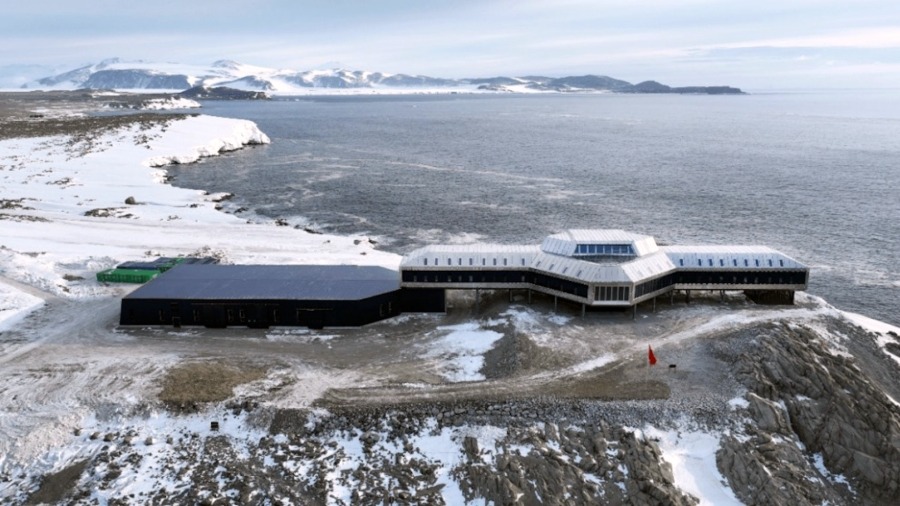
Since the Great Wall Station was established in 1984, China now has five investigation stations in Antarctica, including the Qinling Station completed in February 2024.
It also has two dedicated polar scientific investigation ships, including the domestically-produced "Xue Long 2".
Guo Kun in his later years was unable to walk due to leg injuries, which were related to his work in the frigid Antarctica, but he had no regrets.
Speaking of the construction of the first Antarctic Station, Guo Kun said, "It's a matter of national honor and national dignity. Even if it cost me my life, I had to get this job done right!"
Guo passed away at the age of 83 in Beijing on April 3, 2019.
Read more: China's new Antarctic station was named "Qinling" for two reasons
